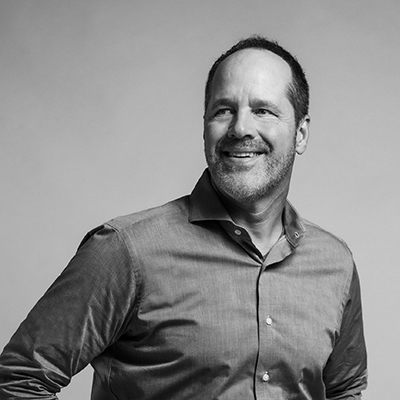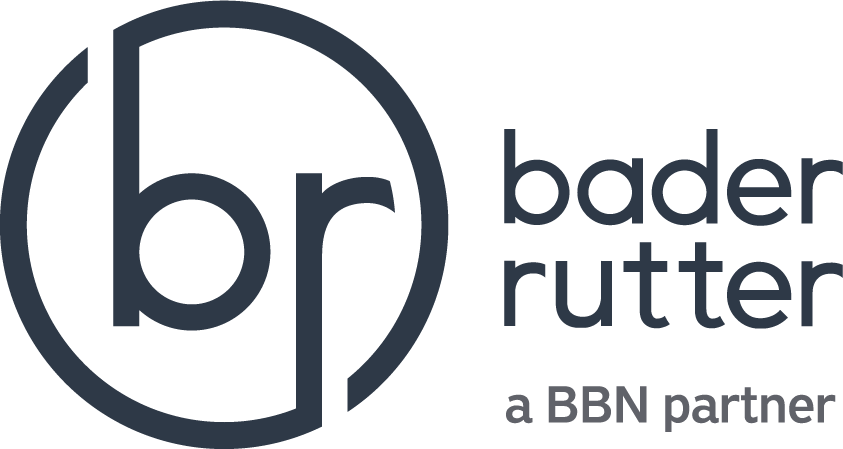News
Why always learning should never end.
6 pathways to endless inspiration.
Throughout my career, I have believed that “always learning” is the most important ingredient to growth — both personal and organizational. Always learning thrives on curiosity, wisdom, wonder and an open mind that doesn’t shut. It uniquely involves both sides of our brains — the practical discipline that modern business thrives upon and the imaginative spirit that brings that business to life. This isn’t an easy task, because to do it well, one must always be failing, reflecting, rebuilding and improving. This can be a lot to ask — especially for those of us married to habit. A little self-reflection and honesty can help prop open that “door-stopper” in your mind, keeping it open to learning new things.
Always learning is Bader Rutter at its best. We promote it, live it and breathe it — at work and outside it. And the benefits are worth it: Unlocking the learner in you will bolster your creativity, confidence, passion and drive. It’s certainly what drives us to do more. We hope it’ll drive you to do more too.
On board yet? If you’ve accepted the challenge of becoming an “always learner,” here are some lessons I’ve learned along the way that might help you on your path to endless inspiration:

I like to learn from contemporaries and peers. All are in the thick of leading businesses and large teams. I recently received advice from a CEO peer about navigating the current pandemic. He strongly feels that during times of uncertainty, we need to stay even more connected with our employees. As leaders and managers, we need to acknowledge the unique perspectives of every employee. Also, he believes employees need to hear from their team leaders and the C-suite frequently. Why?
Simply put, businesses don’t run from the top down anymore. Neither does life. Both involve living, breathing people motivated by an idea that drives them forward. If that motivation falters — if leaders fail to communicate a vision of empathy and commitment to success that speaks to their employees — then the business itself is running on borrowed time. I took this advice to heart and have upped my communications to the agency.
Clients can be wise, thrifty, motivated and skilled. Their backgrounds forge perspectives different from ours. We in the agency are built to counsel, to serve; while most clients are built to sell, engineer, manufacture and market. In a good partnership, these traits complement each other. As a young professional, I once received excellent advice from a more experienced client. It was about sales, something I had little experience with then. She shared a story about being courteous and conversational with those people surrounding her key customer contact at the company she called on. She told me — and I listened and learned — that building relationships with these team members served her well because they could be either willing or reluctant gatekeepers to her main contact. She sought to keep them in the willing category.
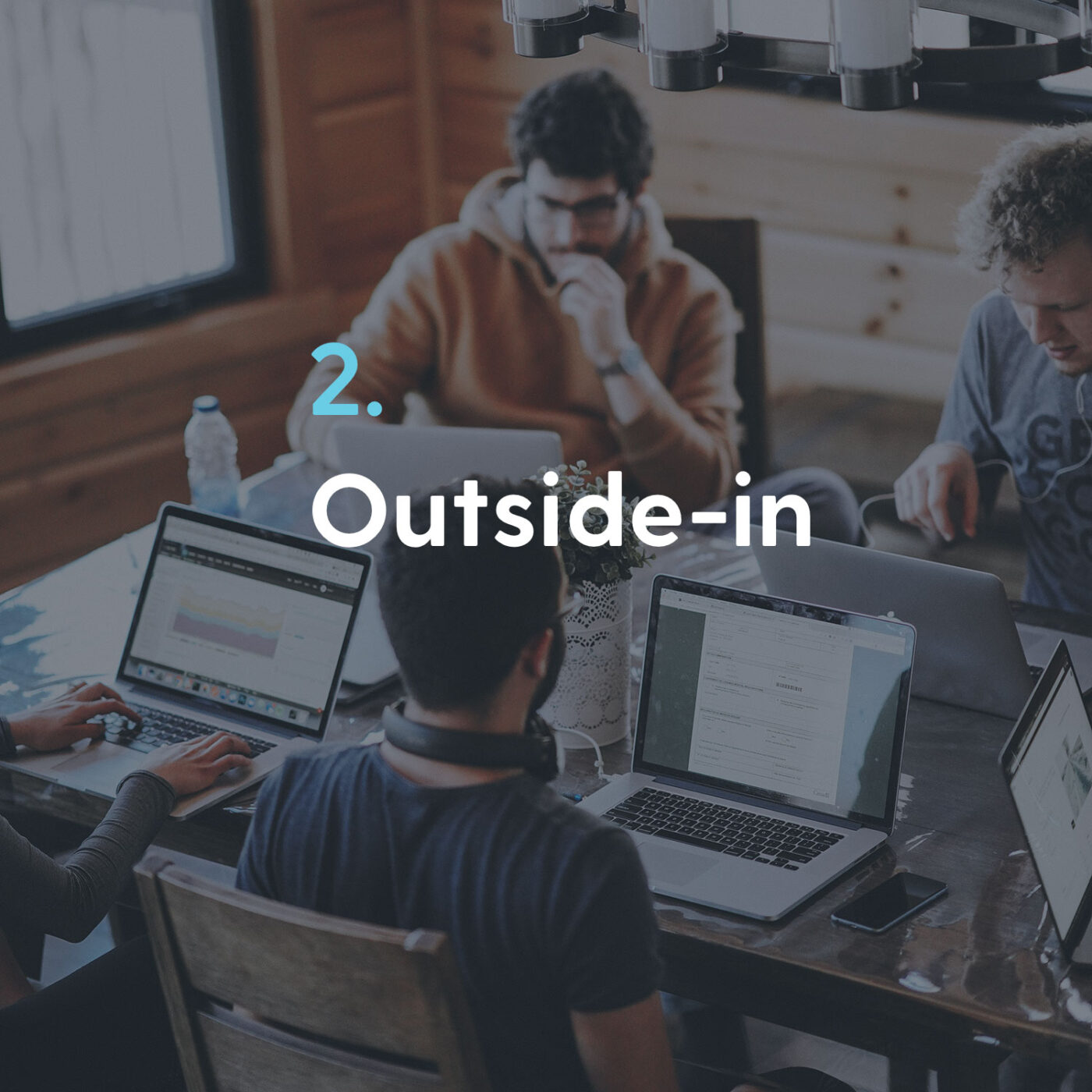

Keeping your finger on the pulse of your company often means learning from your employees. Having meaningful conversations with them draws you closer to what’s important to clients and your culture.
Last year, we had a tough policy decision to make. Our management team wanted to go in one direction, but a small team of passionate employees wanted to go in another. One simple meeting with the team of employees and digging deeper into the team’s point of view resulted in us following their recommendation. We had to be open, listen and be willing to learn from those less experienced, but better informed than us.
I am constantly reading, constantly consuming. I devour newspapers, articles and Google. Like many of you, I’ve caught the podcast bug too. It’s the way I stay in touch with businesses and learn from the world at large. Recently, I was given a link to an online article about how busy CEOs should allocate their time. There were two or three takeaways that offered a fresh perspective. I crave those articles, websites and pundits that make you think differently, that challenge convention. I learn from these.

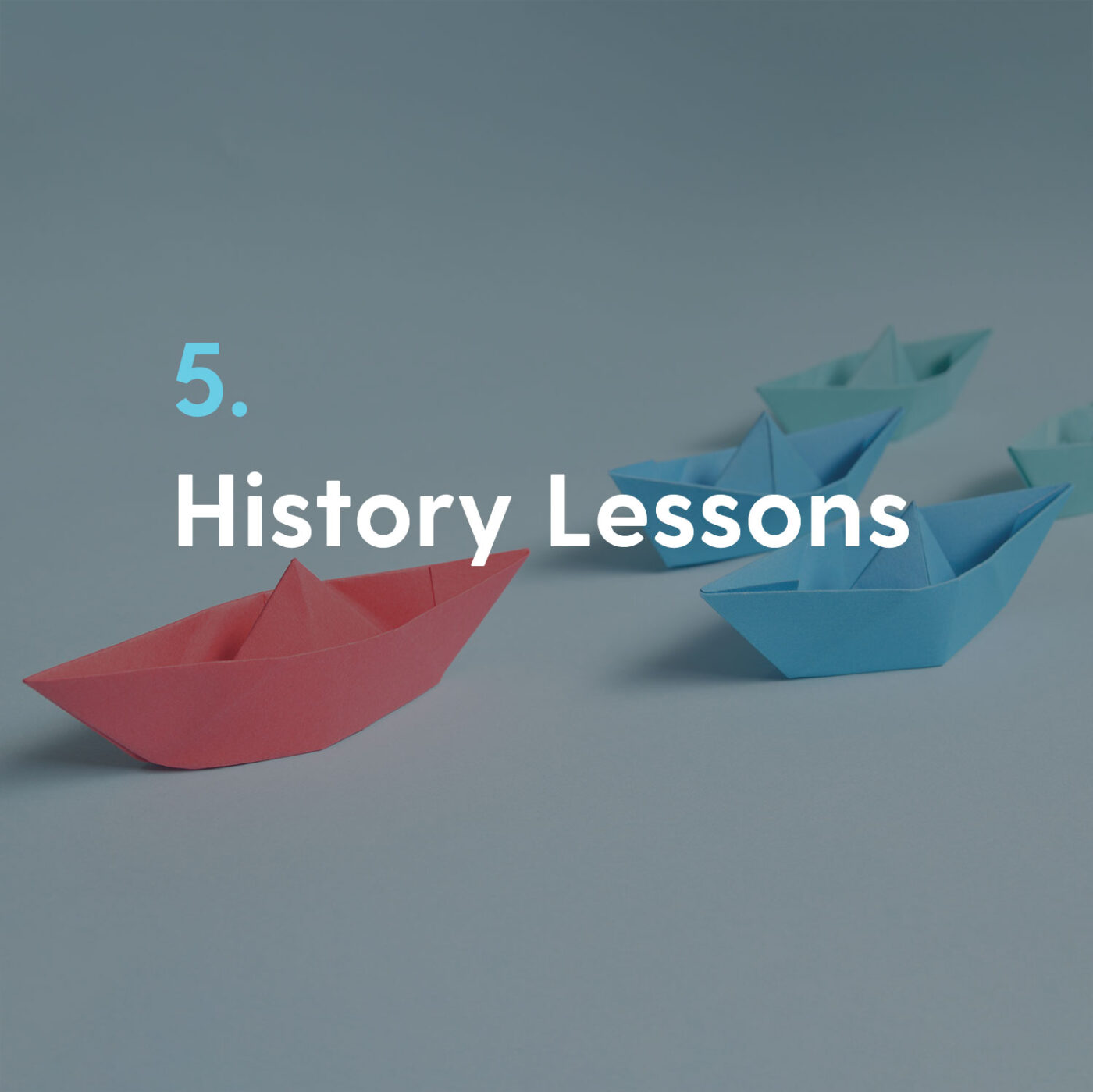
I’ve been fortunate to have incredible mentors in my career at Bader Rutter. These are experienced veterans of the business who have come from, lived through and can articulate the best lessons of generations. The first research director I worked with at BR was such a mentor. On the surface, it seemed as though rational number-based decisions drove him. What I learned, however, was that he was driven by a greater passion: imaginative ideas. Ideas, even more than good planning or strategy, make businesses thrive, he said. He drilled me on the life of ideas: They need leaders to drive them; champions to protect them; and strong, aligned teams to make them thrive. Admittedly, this was lost on the younger me. I’ve grown to appreciate the lessons he was trying to share so long ago and appreciate his passion for the strength of ideas.
Finally, I believe one of the best people you can learn from is you! How? Pay attention to why and how you make decisions. Take actions, then hold yourself accountable. Did they turn out the way they should have? If they could be better, then how? What might you have missed to make a not-so-good decision better? What does it take — sleep, inspiration, nourishment, caffeine — to put yourself in the best position to make decisions? Pay attention to that, and you will learn how to be the best you.
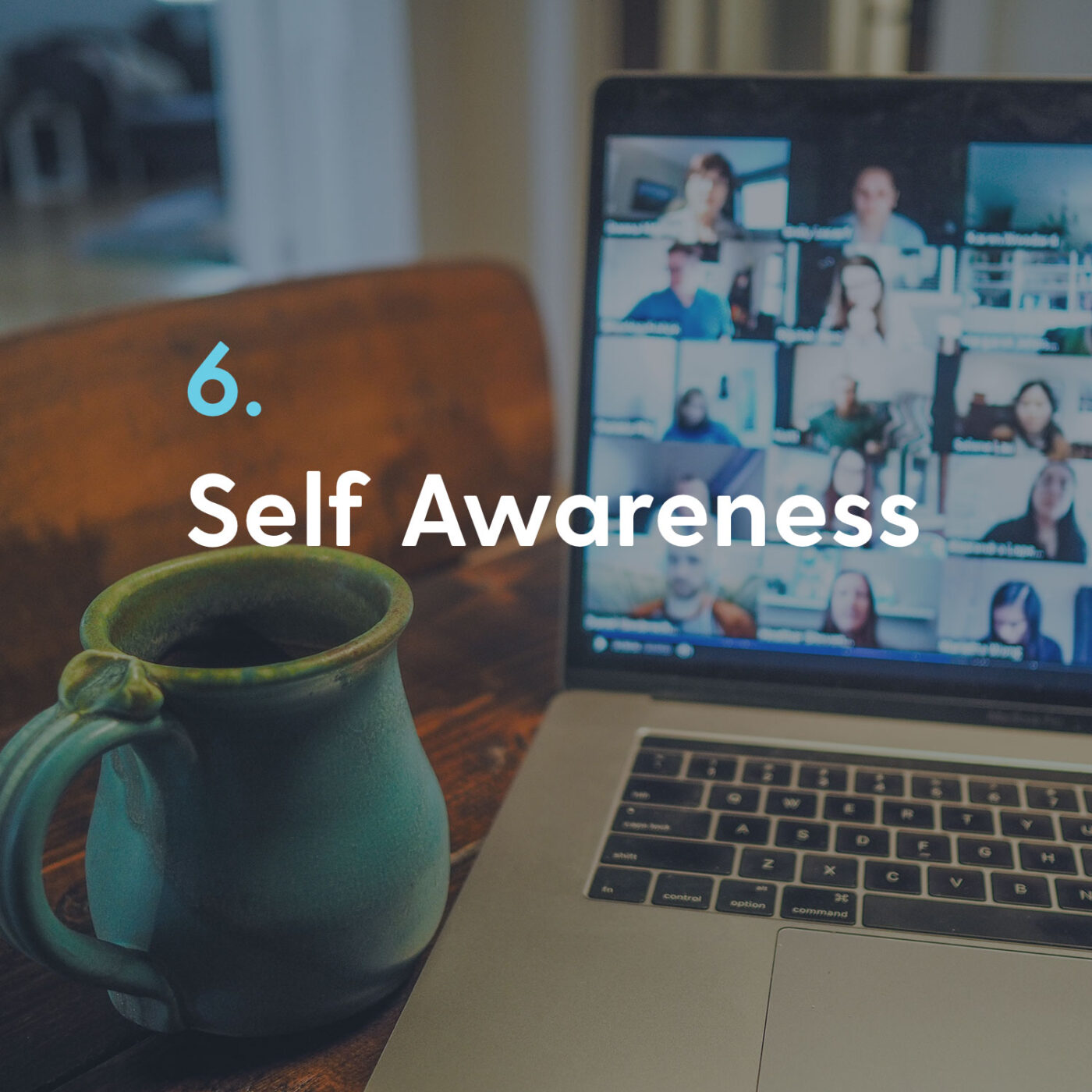
Finally, I’d like to end with the advice I like to share with our new employees just starting out in the industry.
When attending meetings, you will inevitably hear a term, phrase or concept that’s unfamiliar. This is the trigger to “steal time,” to dig deeper and to learn more when an unfamiliar concept comes your way. How do you “steal time,” you ask? First, you can ask the team member you heard it from to stay a couple extra minutes after the meeting to explain it to you. Or you can race back to your computer and Google it. Either way, you’re “stealing time” from our meeting-intensive days to make yourself smarter, to enrich your professional life. I practiced this 30 years ago at the start of my career (sans Google, of course), and still do it to this day. Make it a habit, and you’ll be well on your way to always learning.
So what do you say? Are you ready to join in the business of always learning? What’s more: Are you ready to take those learnings, implement them and use the results to adapt and grow, before learning once more? That’s right: The cycle never stops. That’s the “always” in always learning. You do it, day in and day out, until there’s nothing left to learn.
Hint: That’ll take you a while.
About the Author
Jeff Young is CEO and President of Bader Rutter. At his core, he is a builder with a passion for helping clients grow their businesses and brands. In fact, he has been helping build Bader Rutter for the past 30 years. Tireless problem solving is a hallmark of Jeff; and his belief is that the closer we are to the clients’ customer, the smarter we can be on their behalf.
